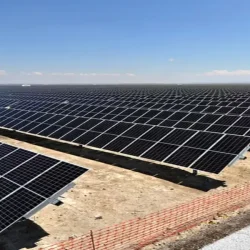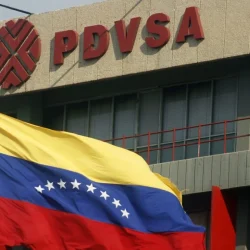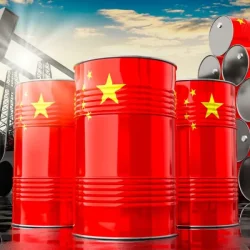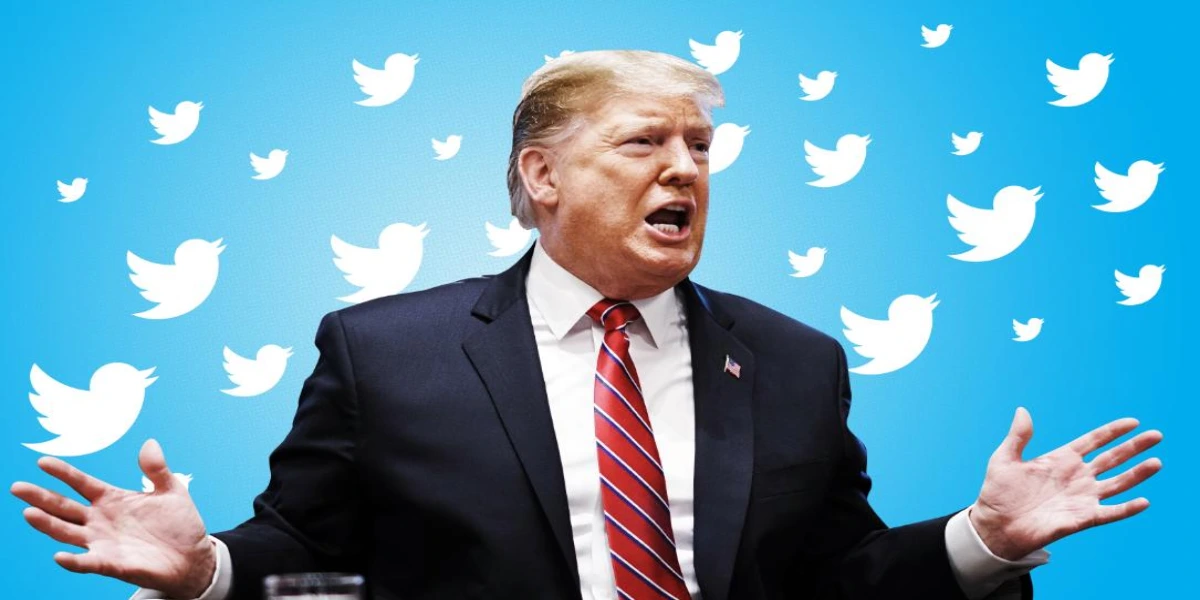When the Oil Market Reacts to Politics Instead of Logic
Once again, the oil market experienced fluctuations—this time not due to supply shortages or a sudden jump in demand, but simply because of a delay announced by Trump! Yes, the former U.S. president who used to shake global markets with a single tweet. Without signing any deal or imposing any new sanctions, he just mentioned that talks with Europe are postponed. And that alone was enough to push oil prices higher.
Following the delay, Brent crude rose to $65.17 and U.S. crude settled at $61.86. No significant change in supply or demand happened, yet the market reacted—just like always—to a political gesture. This shows how sensitive the energy market still is to political headlines.
At the same time, Trump launched a verbal attack on Russia, calling Putin “completely insane” and hinting at new sanctions. This coincided with Russia’s major airstrike on Ukraine, which prompted the U.S. to bring up the idea of sanctions once again. For oil markets, this means more anxiety about global supply.
Meanwhile, the nuclear negotiations with Iran are stuck, and the return of Iranian oil remains in a state of uncertainty. In the U.S., recent data shows that the number of active oil rigs has dropped to 465—the lowest since November 2021. This suggests that production growth in the U.S. may slow down.
With Memorial Day approaching, consumers are making precautionary purchases, which is pushing short-term demand higher.
On another front, all eyes are on the next OPEC+ meeting. The group is expected to add around 400,000 barrels per day in July, possibly marking the beginning of the end for the 2.2 million bpd voluntary cuts. But with political instability in Washington, Moscow, and Vienna, the final decision remains unpredictable.
In the end, it’s clear that oil prices are no longer driven solely by supply and demand. Today, a single political statement can shift the market. True power now lies in the hands of those who know how to delay the game—whether or not they ever intend to end it.









